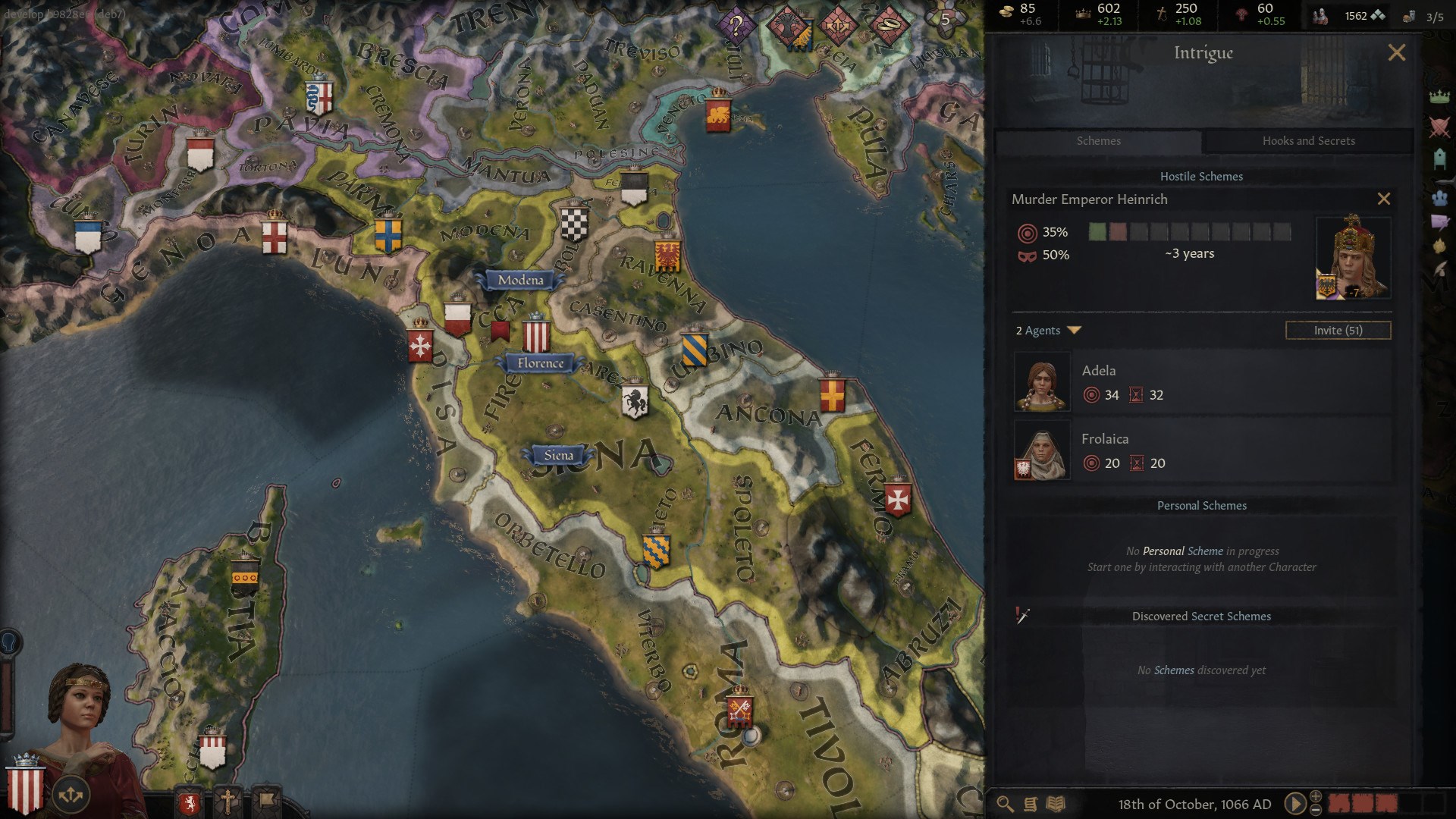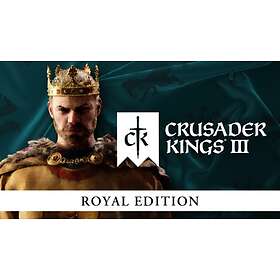
The Battle of Gettysburg, where units from both sides joined the battle over a 3 day stretch). In the early game if a battle breaks out as a result of two armies colliding, nearby corps who are not otherwise engaged might attempt to join the battle (e.g. Even in the late game, the separate units should be visualized on the map, so the player understands why battles are fought with small portions of the total army.

Over time as army sizes increase and technology improves, army units are able to form wide fronts, and battles gradually move away from discrete units marching on strategic positions toward front lines spread over entire borders. The rank of the general and the communication technology available to the units should dictate how many discrete corps he can divide his army into, each corps being able to attack or defend separately. If you order attack, they should march into enemy territory or engage an enemy invading held territory whereas in defense the army will defend strategic locations (eg Cities). Here are the changes I would implement to address this:īased on the Infantry technology used, the game should visualize the army marching, perhaps with a line trailing the army to give the player a sense of the army's movement over time. Your generally still seem to randomly send subsets of troops into battles seemingly randomly distributed across the front line. Late game combat doesn't seem mechanically different from early game combat. Over time, as communications equipment advanced and army sizes scaled you see WWI style "front lines" where defensive positions might sprawl out for miles. Armies wouldn't line up on a front, they would march down roads to capture strategic locations and engage with other armies at points, usually all together at one battle. In the beginning of the game, the concept of a "front line" wouldn't be meaningful. When armies met in the field, they would engage one another.

When a general commanded a theater, he would generally travel with a corps of his army, with other corps traveling in concert, usually nearby. Consider the Franco Prussian war in 1870 (or for broader scale the American Civil War). For me the combat system in its current state doesn't do a particularly good job of abstracting the change in warfare over time.


 0 kommentar(er)
0 kommentar(er)
